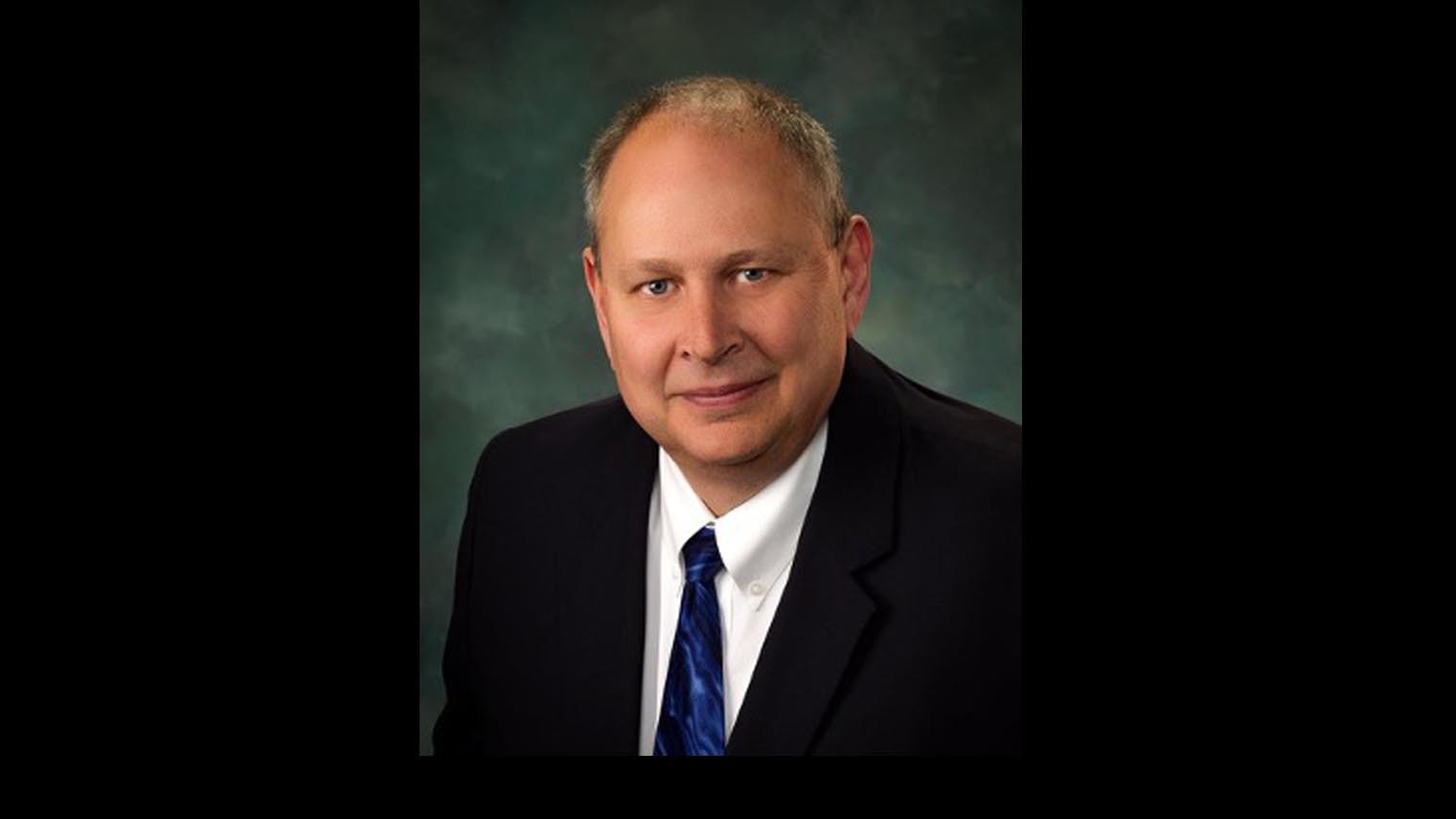When the United States declared independence from England in the 1700’s, it found itself without any laws upon which to base court decisions.
Courts would look to situations with similar facts, and decide the case based, in part, on what was decided before. Rather than reinventing the wheel, the colonists adopted the decisions of England.
Over many generations, court decisions based on similar facts – called precedent – evolved.
Two advantages of precedent are predictability and learning from other’s mistakes. If the court decides cases the same way, given similar circumstances, then folks can predict how they should behave in those circumstances. When precedent goes out the window, chaos ultimately occurs.
People ignore the law and behave however they want to behave. And, for social clubs, that might be alright, but for the economy in general, if business folks cannot predict how the law will apply, they do not invest capital and the economy stagnates. Unpredictability of the laws is called political risk.
Underdeveloped countries suffer from rampant political risk.
So, our forefathers adopted case law from England (everywhere but Louisiana, which adopted case law from France) to keep predictability in our legal system. The case law they adopted is called the Common Law.
Wyoming, at the time of statehood, adopted the common law. Wyoming Statute 8-1-101 is an interesting read. Is says: ‘The common law of England as modified by judicial decisions, so far as the same is of a general nature and not inapplicable, and all declaratory or remedial acts or statutes made in aid of, or to supply the defects of the common law prior to the fourth year of James the First (excepting the second section of the sixth chapter of forty-third Elizabeth, the eighth chapter of thirteenth Elizabeth and ninth chapter of thirty-seventh Henry Eighth) and which are of a general nature and not local to England, are the rule of decision in this state when not inconsistent with the laws thereof, and are considered as of full force until repealed by legislative authority.’
One of those common laws adopted at that time was to concept of governmental immunity. In old England, the King owned everything. One of the natural consequences of the King owning everything was that the King could not be sued.
That tradition followed to the United States. States and the federal government adopted the place of the king. As a result, the government cannot be sued unless it grants permission to be sued.
Wyoming grants permission to be sued in a law called the Wyoming Governmental Claims Act. The act gives permission to sue the government for breach of contract, and for negligent operations of state motor vehicles, aircraft, watercraft, recreation areas, public parks, public utilities and medical facilities.
Employees and elected officials are given immunity from liability for acts taken within the scope of their employment.
Additionally, claims are limited to $250,000 per claim, $500,000 per occurrence for non-medical claims. If a governmental body procures insurance in excess of these claim limits, the claim limits rise automatically to the level of government insurance.
For medical claims, the limit is $1 million dollars per occurrence.
A proper governmental claim must be filed with the government entity with two years of discovery of the alleged act of negligence. Then, a lawsuit must be filed within one year of the claim, or it is forever barred.
Government entities are obligated, by law, to pay the full amount of any settlement or judgement rendered as a result of the claim.
Government officials have immunity for their actions. Society provides this immunity because we want people to run for government office, and we want people to become government employees. We want people to serve as law enforcement officers, nurses, firemen, doctors, snow-plow operators, prosecutors, judges, teachers and prison guards.
Recently, some politicians have been talking about removing government immunity from police officers acting with the scope of their duties. They want to make police officers personally liable for their actions.
The effect of such a change in the law will be that no one will want to become a police officer, if they risk losing everything and being sued all the time.
One area where reform might be appropriate is when elected government officials ignore the law and do whatever the hell they want to do. Perhaps, some personal liability for those people who get the government sued would cause some introspection.
Because, anytime the government pays out tax dollars to satisfy a lawsuit, it is ultimately a tax on all of us.
Tom Lubnau served in the Wyoming Legislature from 2004 - 2015 and is a former Speaker of the House. He can be reached at: YourInputAppreciated@gmail.com





